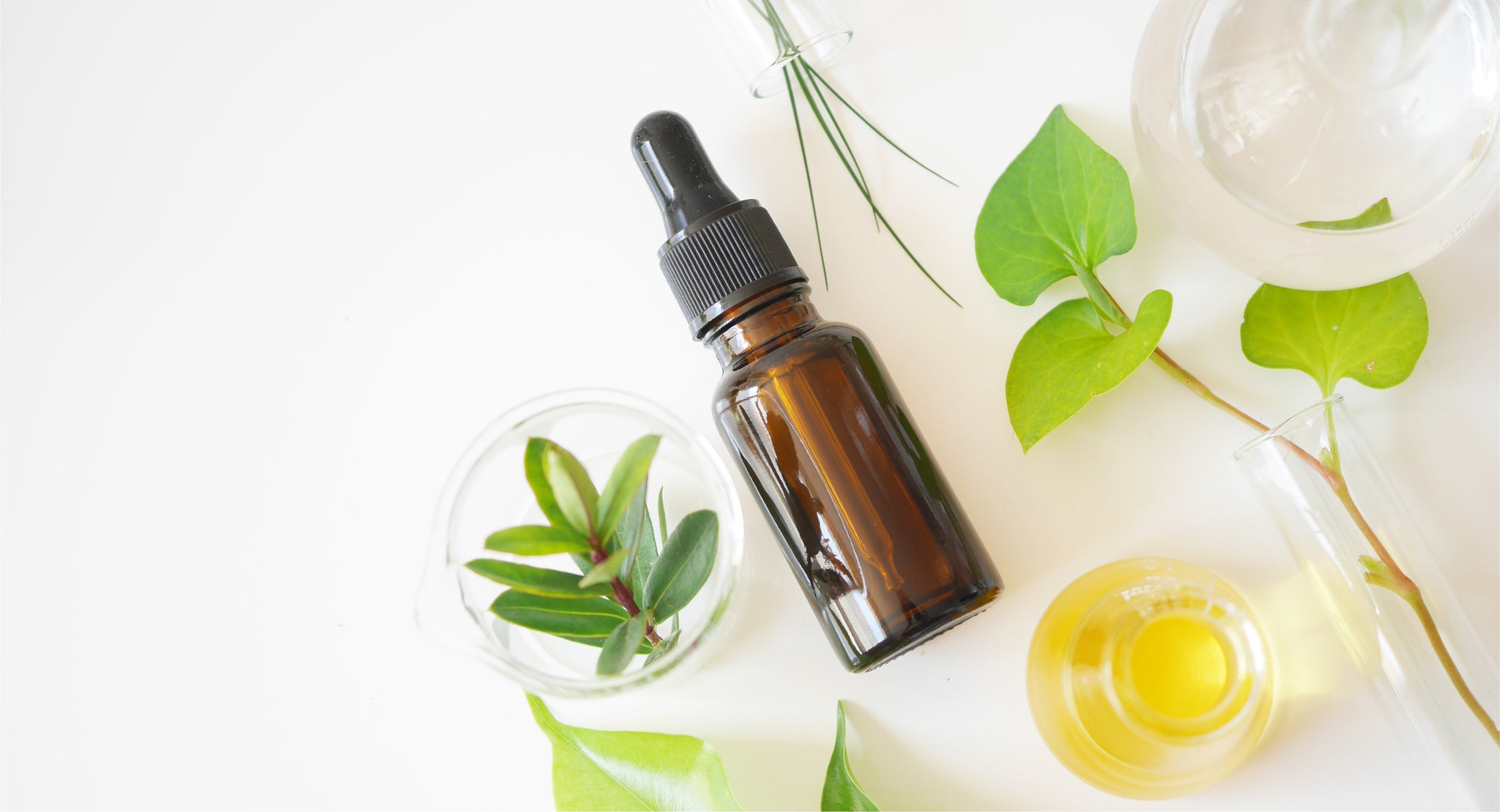Your Cart is Empty
FREE SHIPPING on US orders over $45. Save 25% With Code TAKE25 at checkout.
FREE SHIPPING on US orders over $45. Save 25% With Code TAKE25 at checkout.

If you’ve come up against an acne breakout and made it out unscathed, congratulations! You’re one of the lucky ones! We all know that picking a at a pimple is a huge no-no, but who among us hasn’t stood in front of their bathroom mirror and attempted an at-home-self-surgery session during a breakout?
Sure it seems fine at first. You squeeze or dig out all of the gunk, seemingly eliminating the unsightly blemish. But then it turns into a scab. And you can’t help but pick at it. And then it scabs again, and you pick that at that one too. And eventually (just like you knew it would before you started picking), the long-since-gone pimple becomes a scar.
The truth is that even if you don't pick at a pimple, it can still leave a red mark or dark spot behind. And here’s the worst part, acne scars and patches of hyperpigmentation can linger for months – even years.
But don’t fret! There are some treatments that actually work to fade scars and eventually get rid of the traces of acne. We’re breaking down everything there is to know about fading acne scars and hyperpigmentation fast so you’ll be on your way to a smoother, brighter, more even complexion in no time!
A generalized term, acne scarring can be used to refer to a multitude of different marks that a breakout may leave behind, but true acne scarring typically appears indented or atrophic (meaning thin and flat) and can be classified into one of three subtypes:
More commonly, hyperpigmentation of the skin after a breakout resolves is erroneously called scarring. Hyperpigmentation can occur from any kind of injury, and it's different from your typical textured scars. Instead of emerging as a raised bump or an indentation, hyperpigmentation appears as a darkening of the skin.
Acne scarring and post-inflammatory hyperpigmentation can both linger after a breakout, but the two are not the same. Acne scars are left behind when too much collagen forms in the spot where your pimple is left to heal. Acne can damage small veins, glands, and tissues surrounding the blemishes which creates the scar.
Unlike acne scarring, post-inflammatory hyperpigmentation is simply a form of skin pigmentation, like sun damage, which occurs as a result of trauma to the skin. The trauma here being the pimple. The pimple causes the skin to become inflamed and in response, the skin produces an increased amount of pigment, resulting in dark patches or spots.
The type of scarring you’re left with after a flare-up will help to determine the treatment choice and the possible results. While deeper acne scars are generally best improved with in-office treatments like lasers or cortisone injections by a dermatologist, dark spots—or post-inflammatory hyperpigmentation—can typically be improved by incorporating the following plant-based ingredients into your at-home skincare routine.
When it comes to brightening dark hyperpigmentation, vitamin C should be a key weapon in your skincare arsenal. Its benefits are endless, including revitalising and brightening the skin while stimulating your body’s natural production of collagen. Not only does it help to lighten and break up pigmentation you might already have, but it also helps to prevent dark spots or sun spots from forming in the future.
One of the keys to fading acne-related hyperpigmentation lies in resurfacing skincare. Alpha hydroxy acids, such as glycolic and salicylic acid, can be used to reduce acne-related hyperpigmentation. By exfoliating the skin, scarring will be reduced, revealing the smoother skin beneath.
Retinol is a form of vitamin A that promotes collagen production and lots of other healthy functions in different layers of the skin to reduce hyperpigmentation. Retinol serums and creams help skin cells turnover more normally, which prevents future acne breakouts. It also works great in combination with other acne treatments to help clear the skin, treat existing pimples, and prevent new breakouts.
Niacinamide (also known as vitamin B3) has excellent skin-restoring properties and thanks to its anti-inflammatory action, it’s particularly effective for conditions such as acne and hyperpigmentation. In the treatment of acne, niacinamide can not only reduce the inflammation associated with existing blemishes, but can also help to prevent future incidences of breakouts.
Experiencing a breakout is difficult enough without having to contend with the dreaded scars left in its wake. Luckily, there are some super effective plant-based ingredients that will help to reduce the appearance of acne scars and hyperpigmentation quickly — revealing fresh, soft skin over time.